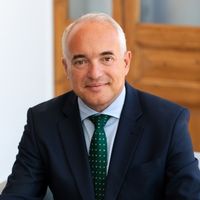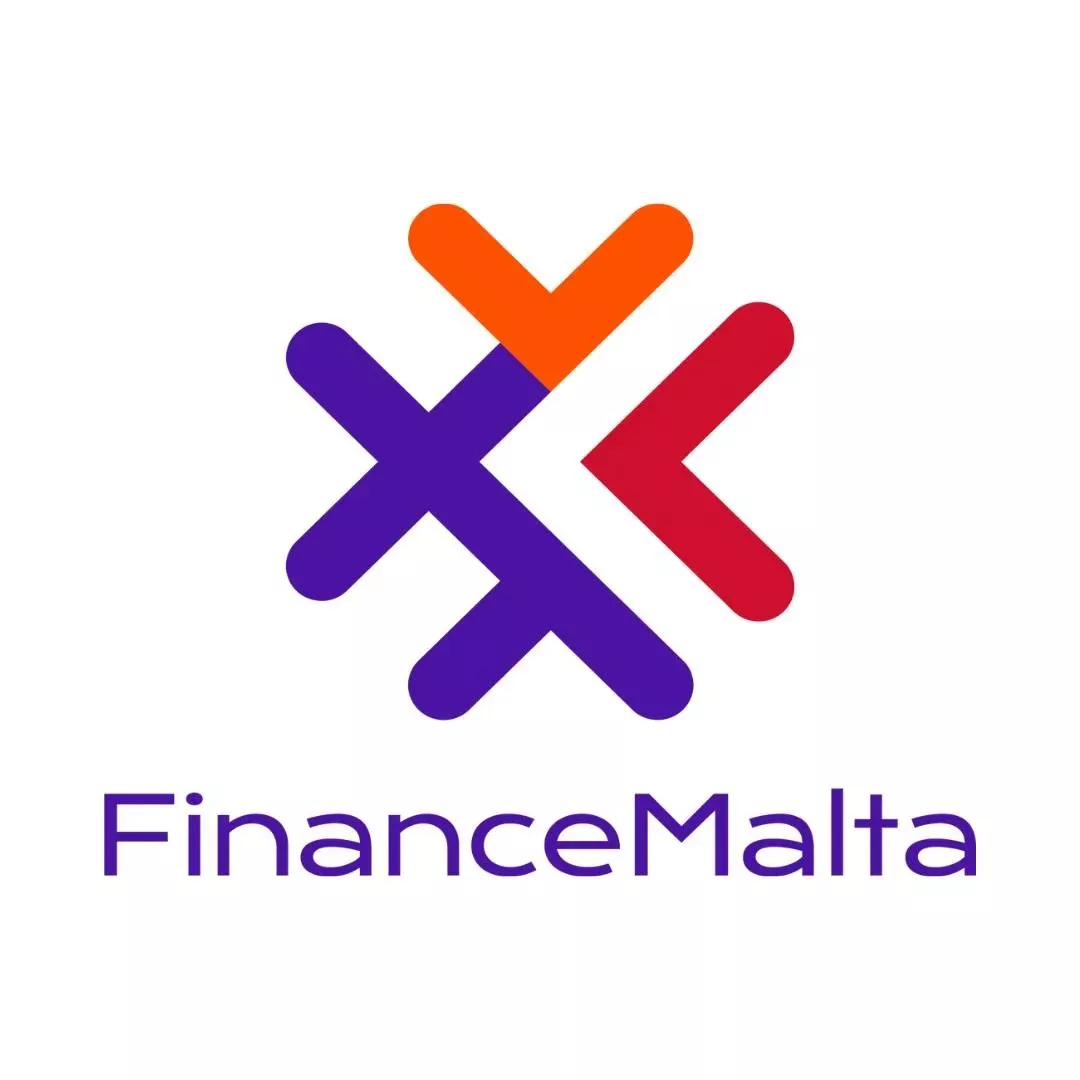- with readers working within the Business & Consumer Services industries
Fund professionals in Malta face common challenges and opportunities. Three experts share their thoughts on the importance of ESG, digital assets, outsourcing, and more.


Albert Alsina – Founder and CEO of Mediterrania Capital Partners


Pierre Maliczak, Group CEO of Altarius


Paulianne Nwoko, Managing Director of Apex Funds Services (Malta)
Over the past several years, Malta has developed into a specialist centre for alternative investment funds as well as an asset servicing and managing hub. We reached out to three FinanceMalta members to find out how Malta is evolving against the backdrop of themes such as ESG investing, investor demands and operational efficiency.
Why ESG Matters
Recent years have seen a significant expansion of ESG funds around the globe as organizations and individuals increasingly recognize the interdependencies between environmental, social and governance issues. Bloomberg calculates that global ESG assets may well exceed $53 trillion by 2025 – that's a third of total global assets under management. It comes as no surprise that Malta's investment funds and asset management community also considers ESG as an opportunity.
"Investors will seek more and more opportunities to invest in funds that are ESG focused, so we need to ensure some priority is given to that aspect. ESG investing is certainly an area were growth is expected," says Paulianne Nwoko, Managing Director of Apex Funds Services (Malta).
Albert Alsina, Founder and CEO of Mediterrania Capital Partners, comments that "nowadays operating with a responsible investing approach is a must. We consider ESG factors a fundamental part of our value creation process, which enables portfolio companies to build the right foundations for long-term growth ensuring that the right policies to protect the environment and enhance social well-being are in place."
Meeting Investor Expectations
Future growth will also very much depend on the capacity of all actors to match client needs, says Pierre Maliczak, Group CEO of Altarius. "Digital asset investments are a reality. Malta has the capacity to become a reference point in this space. Many of those funds are already serviced out of Malta, especially on the administration side. So, the skill is already on the island." This obviously requires a solid offering supported by authorities and industry players, he says. "In my opinion, this will define where Malta will be in three to five years."
Meanwhile, achieving greater operational efficiency is a key focus of the global asset management sector. Outsourcing, the modernisation of asset servicing operations and new technology tools are playing an important role in this process. These are developments that Malta's investment fund sector can take advantage of. "I believe that Malta has still a lot to offer in the space, we have built expertise and have service providers that provide excellent solutions to the industry. However, we need to ensure we maintain competitiveness in cost and timing for regulatory approvals," says Paulianne Nwoko.
Working Together
The sector's top priority is to ensure that Malta is taken off the Financial Action Task Force (FATF)'s advanced monitoring list. Over the past years, Malta has made significant efforts and improvements in its financial crime risk compliance and continues to put in place measures that will lead to standards well beyond the minimum requirements. "For the benefit of everyone", says Albert Alsina, "it's very important that regulators, government institutions and companies do all necessary to revert this situation, so Malta regains the confidence of public and private institutions, locally and internationally".
Paulianne Nwoko highlights that the sector is very focused on ensuring a positive experience to instill change. It's really about working together, Pierre Maliczak agrees. There are various ways and strategies how this could be achieved. One idea, he says, is the creation of a think tank to facilitate an exchange of on-the-ground experiences between regulatory authorities and companies.
Fastest Growing Economy
The general outlook for the industry remains positive. "If the sector manages to cope with the technology changes, investors' different mind sets and the appetite for non-conventional traditional asset classes, Malta's asset management industry will do well," says Pierre Maliczak.
In 2022, the European Commission expects Malta to have the fastest growing economy among EU member states, according to the Autumn Economic Forecast. The economy is projected to achieve a growth rate of 6.2%, up from 5% in 2021, which bodes well for the future of Malta's financial sector.
"Malta has the potential to double or triple the size of the finance sector in the next five years," says Alsina. "It's located in an unbeatable geopolitical location, being part of the EU and close to Africa. The financial sector is highly profitable and it's growing at a global scale."
The content of this article is intended to provide a general guide to the subject matter. Specialist advice should be sought about your specific circumstances.
[View Source]
